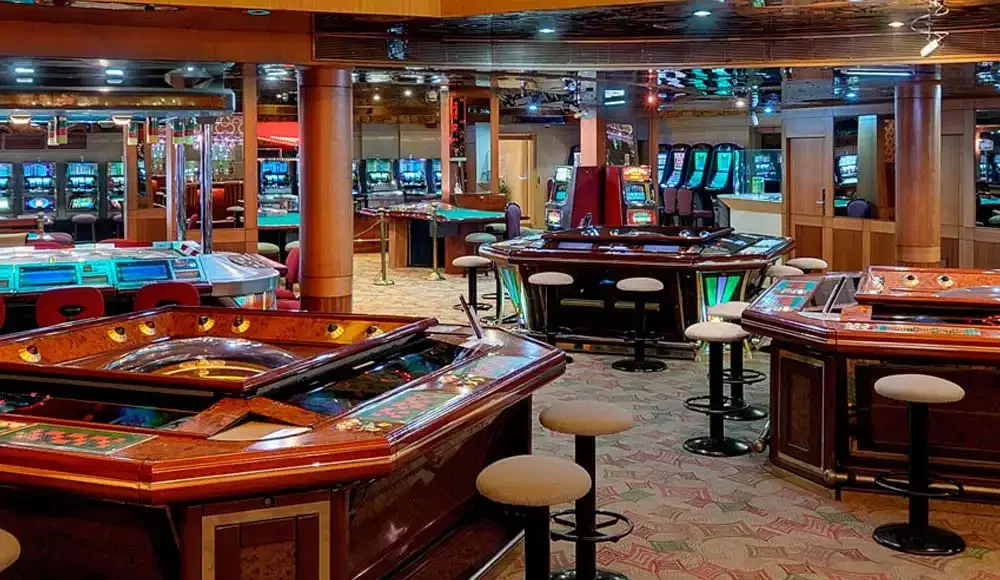Gaming expert William Bonar has emphasized the potential of India’s gaming industry, but warns of regulatory challenges and legal complexities hindering growth. Despite the challenges, the consultant remains optimistic, drawing parallels to Macau’s original potential as seen in the early 2000s.
Following a recent trip to the country, William Bonar emphasized in an interview with Asia Gaming Brief the growing sophistication of the Indian gaming landscape, which surpassed some of his expectations.
“Gaming in Goa is interesting both on the water and on the land. I found it to be more advanced and well-managed than I expected, with good self-governance,” Bonar pointed out.
However, the consultant was quick to highlight the regulatory hurdles and legal complexities that hinder the industry’s growth.
For example, the industry in Goa is restricted by the number of floating casinos that are permitted. Despite this, operators have grown their existing operations by expanding the size of the current casino ships to include more levels of gaming and entertainment.
One of the key obstacles highlighted by Bonar is the taxation framework, which he views as a significant burden on industry growth. “India is one of the highest-taxed nations in the world, and this burden hampers the industry’s growth.
“Companies must find ways to diversify their operations to gain efficiencies while remaining compliant with government regulations,” he explained. This concern reflects the financial constraints faced by operators across the board, although it is offset by self-reporting and self-governance that underpin the regulatory framework.
“There are, of course, regulatory challenges and a complex legal system that may also hinder the growth of casino gaming in India in the short term. This may improve after elections,” Bonar added.
India’s 2024 general election will be held over six weeks between April 19th and June 1st, with Prime Minister Narendra Modi hoping to win a third successive term.
Regarding regulatory enforcement, Bonar noted the existence of rules and regulations governing casino operations, albeit with limited enforcement. “There are rules and regulations for operating casinos and how games are played. Enforcement is limited; however, operations are physically audited, which helps ensure fair play for all parties involved.”
This dynamic underscores the complex interplay between regulatory oversight and operational strategies within the Indian gaming landscape.
In conclusion, the consultant’s insights shed light on both the promise and challenges facing the casino industry in India, offering valuable perspectives for stakeholders navigating this dynamic market.
Despite these challenges, Bonar remains optimistic about the industry’s potential, drawing parallels to the visionary statements of the late casino mogul Sheldon Adelson, who “once said that he could see gaming in Goa as the next ‘Macau.’”
“This comparison underscores the transformative possibilities within India’s gaming sector,” he noted.











